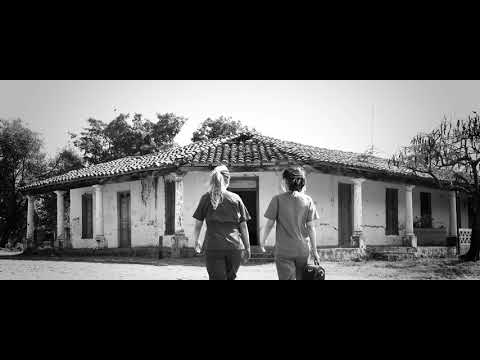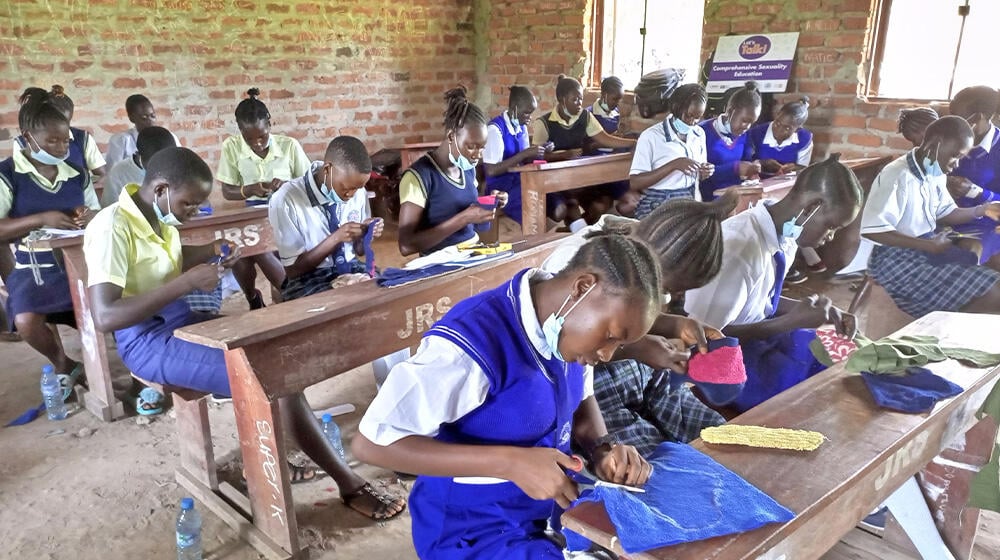In South Sudan, the price of sanitary pads remains high, hence unaffordable to many households due to widespread poverty. Out of a total population of Out of a total population of 13 million , about 10.6 million (82.3%) people live below USD 1.9 daily in South Sudan. The taxation on disposable pads has added another burden to an already difficult situation for poorer households.
Due to taboos and lack of menstrual health facilities and supplies, girls often drop out of school and this disrupts their education and limits their prospects and opportunities for a better life. In a bid to address this challenge, Amref Health Africa in partnership with UNFPA, initiated an integrated Menstrual Hygiene Management Program through the Comprehensive Sexuality Education. This approach is transforming the lives of school girls by improving access to menstrual pads and building their capacity to make reusable menstrual pads. This has yielded results in Yambio, Maridi, and Juba.
Poor Menstrual Hygiene Management leads to discomfort, missed school days, and a sense of shame and stigma. The sessions on making reusable pads in schools have tackled this issue head-on by equipping schools with the resources to produce their reusable pads. Modong Manuela from Amref and a Peer educator Asha Juan, train girls and teachers on how to make these pads, fostering self-reliance and dignity. The program also provides vital education on menstrual hygiene management, breaking down taboos, and promoting healthy practices.
Through the collaborative support of UNFPA, Amref Health Africa in South Sudan is proud to be a part of a solution paving the way for a “period-friendly world” in a country where girls are empowered with the knowledge, skills, and resources they need to manage their periods with dignity and stay in school.



